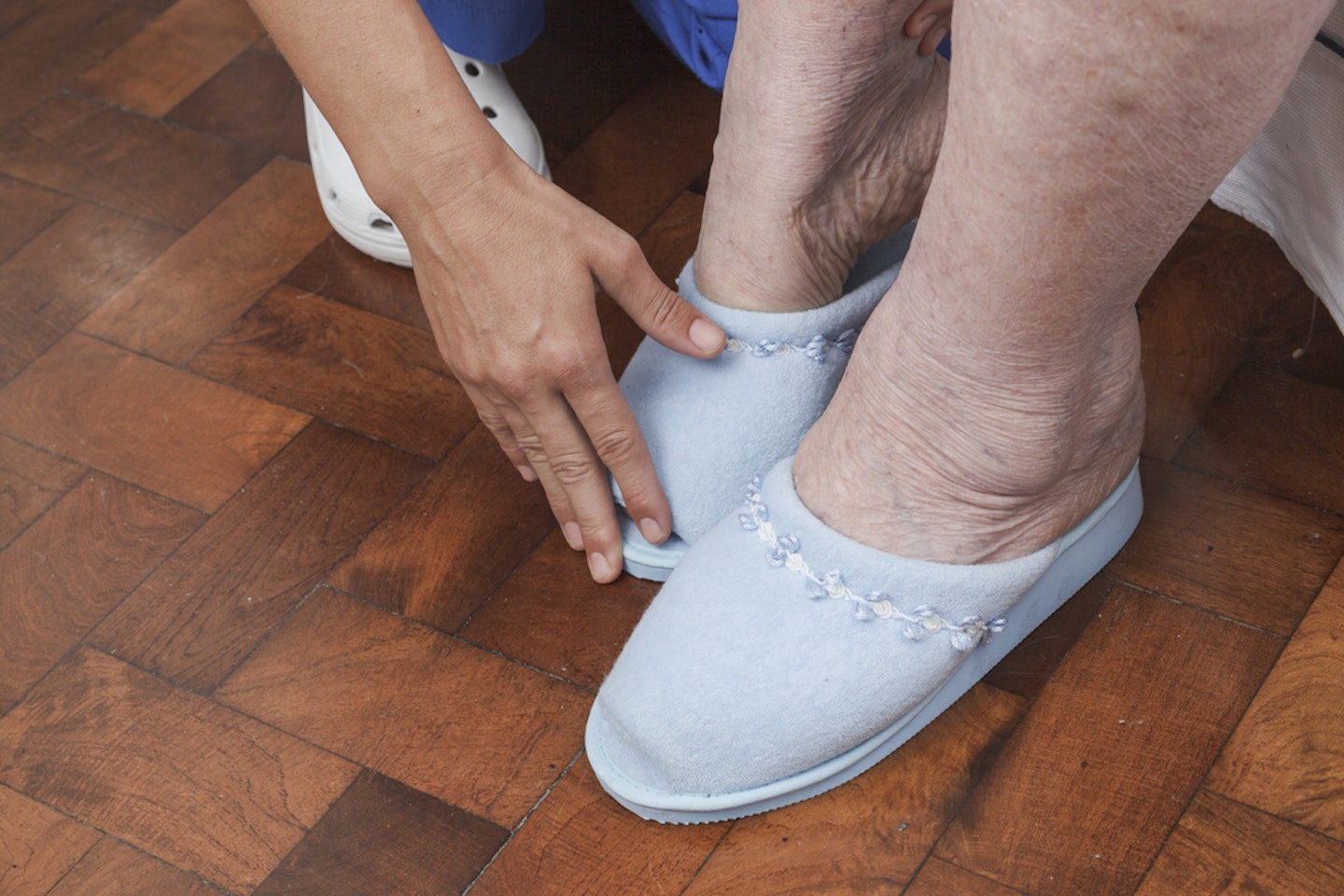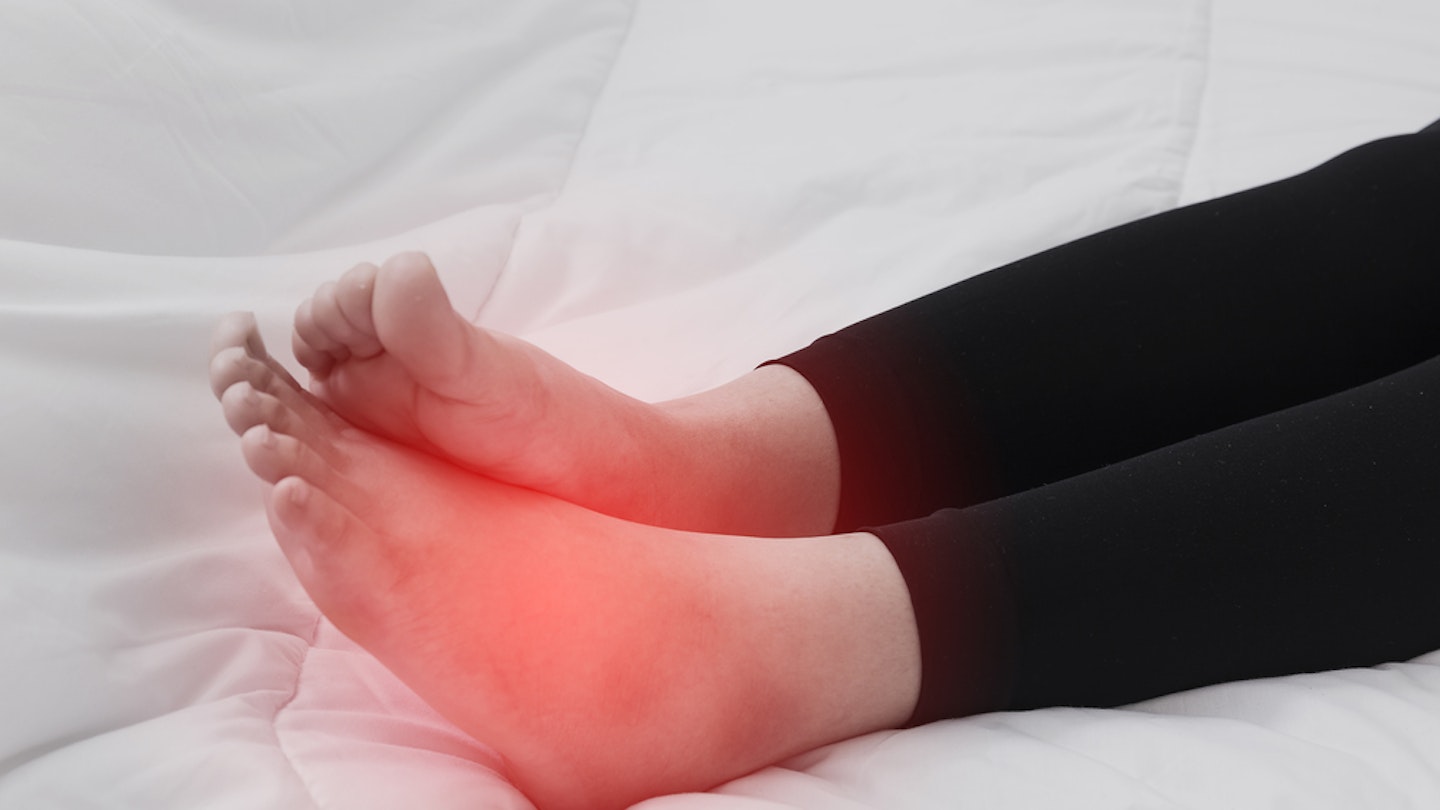Possible causes of swollen legs, ankles and feet
There are numerous possible reasons for swelling in the legs and feet, so if it's been an on-going problem it's worth seeing your GP to rule out anything serious. Here are some of the more common causes:
Over-doing things! If you've been walking or standing for a long period of time, you may get 'dependent' swelling - which thankfully is nothing to worry about. Just pop your feet up and enjoy a cup of tea until it clears.
Accident or injury. A trauma to the leg or foot can cause swelling, with sprained ankles being the most common.
Lymphodema. When lymphatic fluid builds up in your tissue because of problems with the lymph vessels. It's a common problem following radiotherapy or lymph node removal - if this is the case, you should see your doctor as lymph build up can make healing more difficult.
Venous insufficiency. A condition that means blood can't travel properly rom the legs back up to the heart because of damage the valves in the veins. If left untreated, this can cause infection, so again, it's worth visiting your GP.
Infection. Diabetics in particular are at risk of foot infections, which is why it's vital to check your feet regularly or blisters and sores if you have diabetes.
Medication side effects. Unfortunately, swelling can be a side effect of many medications, from calcium channel blockers to antidepressants.
Heart, liver or kidney disease. Swelling can be an indication of heart, liver or kidney problems. If you experience other symptoms including tiredness, loss of appetite or weight gain, see your doctor.
Blood clots.Blood clots or deep vein thrombosis in the legs may stop blood flowing back to the heart again. If you have swelling in one leg, pain, or fever, contact your doctor.

Treatments for swollen ankles
For injuries (if it's not serious enough to warrant a trip to A&E) apply a cold compress or an ice pack wrapped in a towel and raise your feet up. Try to avoid walking until the pain dies down.
Compression sockscan help prevent the build up of fluid and keep your blood flowing.
Elevating your legs on a cushion or up on the sofa can reduce swelling.
Yoga is another great way to get your blood flowing. Try this simple move: lie on the floor next to a wall, and swing your legs up it at a 90 degree angle. Rest there with your feet up for ten minutes or so - it's surprisingly relaxing!
Soaking your feet for 15 minutes in a cool bath filled with Epsom salts can also help.
Magnesium supplements can reduce water retention, although you should consult your doctor before taking them.
